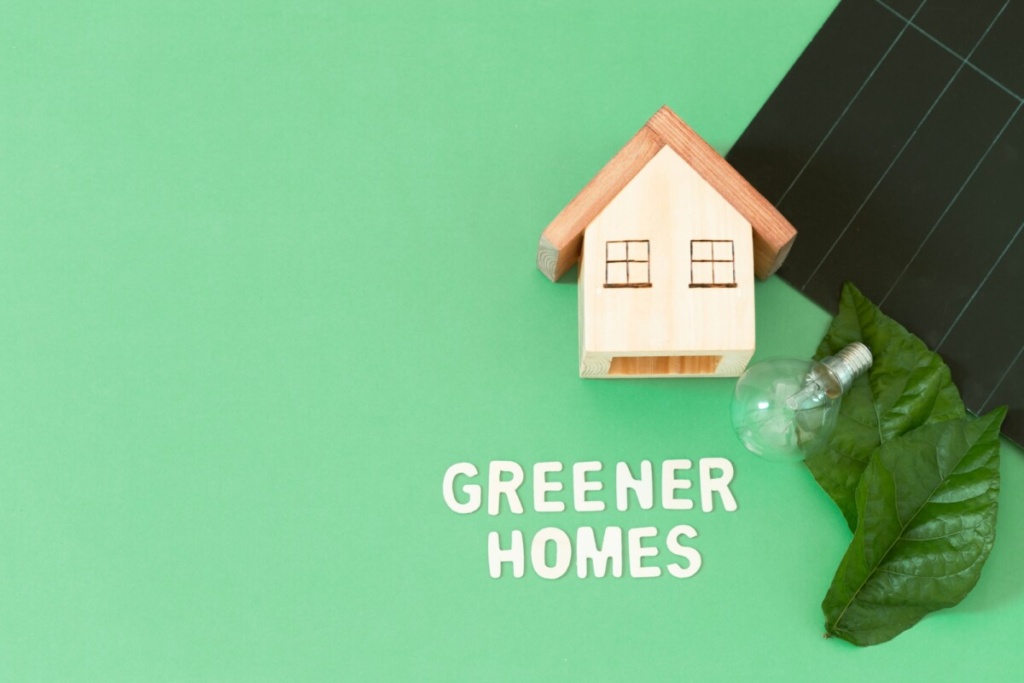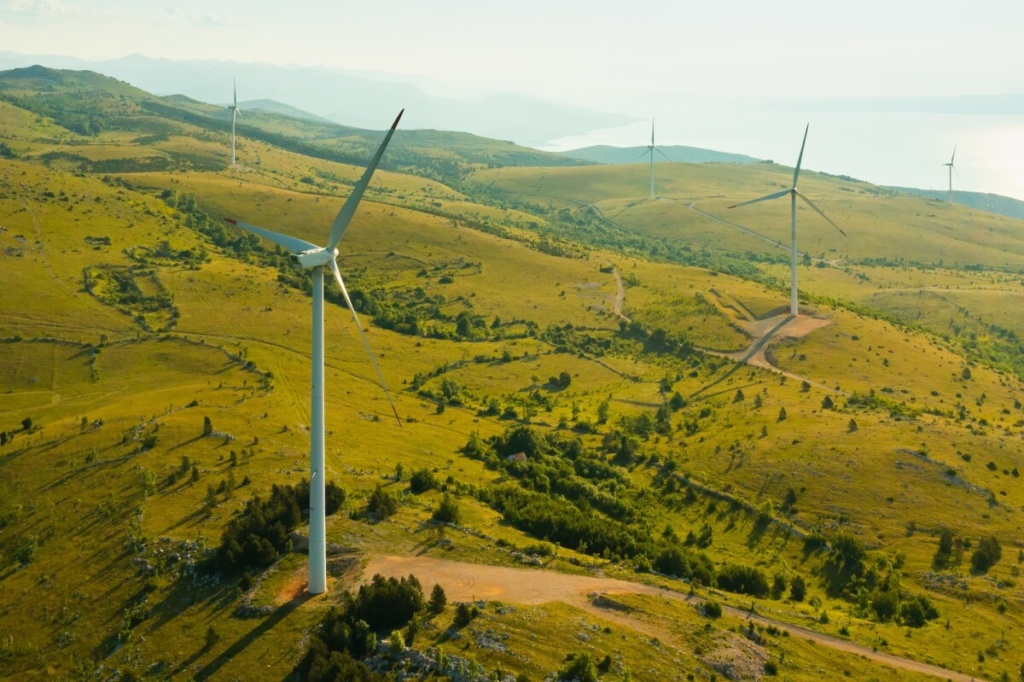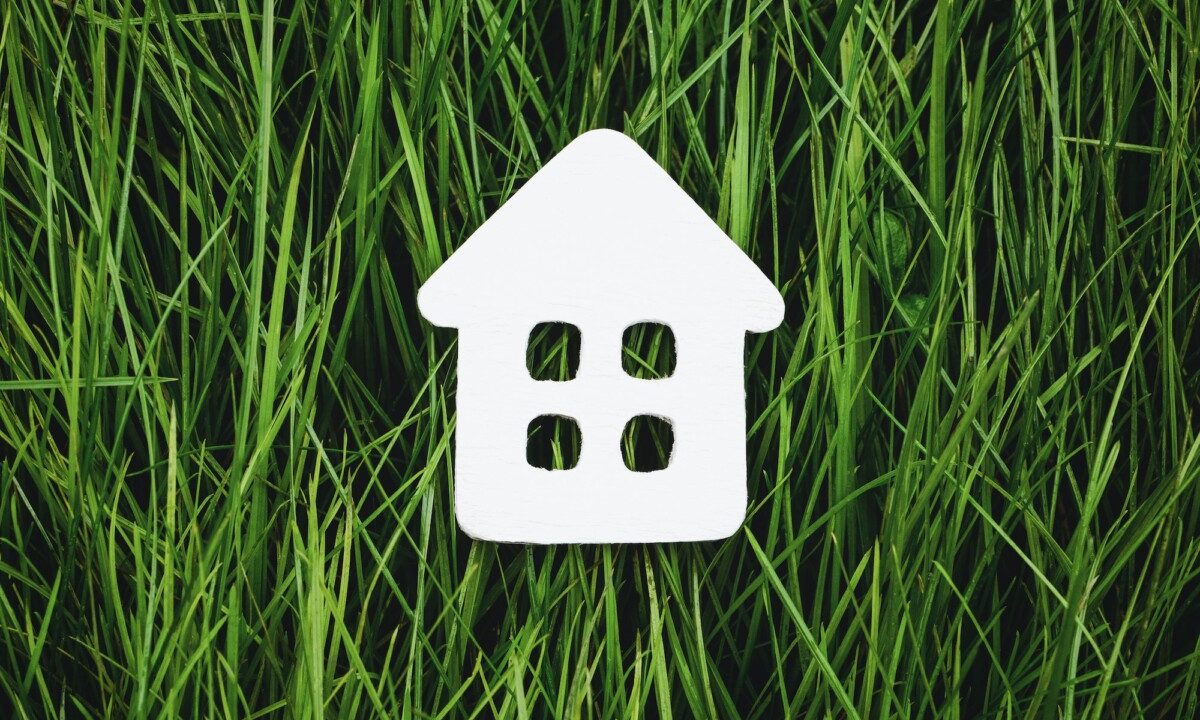Sustainable Real Estate: Trends in Green Building and Eco-Friendly Practices
As concerns about climate change and environmental sustainability grow, the real estate industry is embracing a transformation towards more eco-friendly and sustainable practices. Sustainable real estate aims to minimize the environmental impact of buildings and developments while promoting energy efficiency and responsible resource use. In this blog post, we will explore the trends in green building and eco-friendly practices that are shaping the future of sustainable real estate.
Green Building Certifications
Green building certifications, such as LEED (Leadership in Energy and Environmental Design) and BREEAM (Building Research Establishment Environmental Assessment Method), have become standard benchmarks for sustainable real estate projects. Developers and property owners seek these certifications to showcase their commitment to environmentally responsible construction and design.

Net-Zero Energy Buildings
Net-zero energy buildings are a prominent trend in sustainable real estate. These buildings produce as much renewable energy as they consume, effectively balancing their energy usage and reducing greenhouse gas emissions. Advances in solar power, geothermal heating, and energy-efficient technologies have made net-zero energy buildings more achievable and economically viable.
Biophilic Design
Biophilic design integrates nature and natural elements into building architecture and interiors. This design approach aims to enhance occupants’ well-being and productivity by connecting them with nature. Green walls, natural lighting, and indoor green spaces are examples of biophilic design elements that promote a healthier and more sustainable living and working environment.
Energy-Efficient Appliances and Systems
The adoption of energy-efficient appliances and systems has become a standard practice in sustainable real estate. From LED lighting and smart thermostats to energy-efficient HVAC (Heating, Ventilation, and Air Conditioning) systems, these technologies not only reduce energy consumption but also lower utility costs for occupants.
Water Conservation and Reuse
Water conservation and reuse strategies are integral to sustainable real estate. Low-flow fixtures, rainwater harvesting systems, and greywater recycling help reduce water consumption and minimize the strain on local water resources. These practices contribute to more resilient and sustainable communities.

Sustainable Materials and Construction Practices
Using sustainable materials and construction practices is a growing trend in the real estate industry. From recycled building materials to low-carbon concrete and sustainable wood sourcing, developers are prioritizing environmentally friendly alternatives. Additionally, adopting green construction methods, such as modular construction and prefabrication, reduces waste and construction time.
Smart Building Technologies
Smart building technologies play a crucial role in sustainable real estate. IoT (Internet of Things) devices, sensor-based systems, and automated energy management enable real-time monitoring and optimization of energy usage and building performance. These technologies enhance energy efficiency and occupant comfort.
Adaptive Reuse and Retrofitting
Adaptive reuse and retrofitting involve transforming existing buildings and structures for new purposes and enhancing their energy efficiency. Converting old warehouses into residential lofts or repurposing historic buildings as mixed-use developments are examples of sustainable practices that preserve valuable resources and reduce urban sprawl.
Conclusion
Sustainable real estate is no longer a niche concept but a transformative trend in the industry. Green building certifications, net-zero energy buildings, biophilic design, energy-efficient systems, and sustainable materials are among the key drivers of change. As environmental consciousness continues to grow, the demand for eco-friendly and sustainable properties will increase. Real estate developers, investors, and occupants are recognizing the long-term benefits of sustainable practices, not only for the environment but also for reduced operational costs and improved well-being. As the world moves towards a greener future, sustainable real estate will play a vital role in shaping more resilient and environmentally responsible communities.





